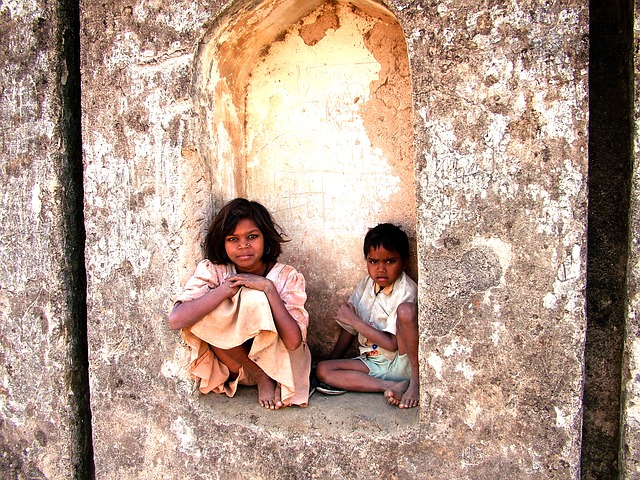India's chief economic adviser backs plans for a universal basic income scheme

In its simplest form, a universal basic income (UBI) pays every citizen a no-strings wage. Arvind Subramanian, India’s chief economic adviser, believes that, in a country in which one in five people live below the poverty line, it is “an idea whose time has come…Perhaps not for immediate implementation, but at least for serious discussion.”
Trials have already been conducted in nine villages in Madhya Pradesh state, where, for a period of 18 months, 6,000 people were each given a monthly payment of up to 300 rupees for each adult, and 150 rupees for every child.
The impact of the payments was assessed every six months against 12 control villages that received only the usual government welfare payments. Dramatic improvements were observed in nutrition, health, schooling, and sanitation in the villages that received the UBI payments.
Results showed an increase in the consumption of pulses, meat, and fresh vegetables, and, consequently, villagers were healthier, worked harder, and attended school more often. Society also became more equal as “[w]omen benefited more than men, the disabled benefited more, and scheduled [lowest] castes benefited more than others.”
Subramanian feels that basic income has the potential to reduce poverty “in one fell swoop,” to relieve the grinding stress of hunger, and empower Indians to make their own life choices.
The annual income required to enable all but the very poorest Indians to escape destitution is about 7,620 rupees (£90) a year, according to Subramanian’s calculations. If that sum were given to 75% of India’s billion-plus population, it would cost about 5% of GDP.
The economist believes that the UBI could be financed by cutting existing wasteful and poorly targeted schemes and reducing unnecessary subsides that currently only benefit the middle classes.
Alternatively, it could be targeted purely at women: giving Indian women a minimal basic income would cost just over 1% of GDP, but have “large multiplier effects” on society as a whole, Subramanian said.
But, more than 40% of the Indian population lives outside the reach of formal banking. Those rural areas where poverty is most prevalent are also therefore likely to be furthest away from bank branches or cash machines. This is where the scheme will require “serious discussion.”
Our author Ugo Colombino has written for IZA World of Labor about how UBI could be a viable alternative to other social welfare measures. UBI is simple and transparent, with low administration costs which, under certain conditions, could be an important policy innovation for redistributing the gains from automation and globalization, building a buffer against shocks and systemic risks, and generating positive labor supply incentives among poor people.
In her article about the design of social protection for women in developing countries, Lisa Cameron notes that schemes designed with women in mind can mitigate the risks that undermine women’s productivity and harm many aspects of their lives and households.